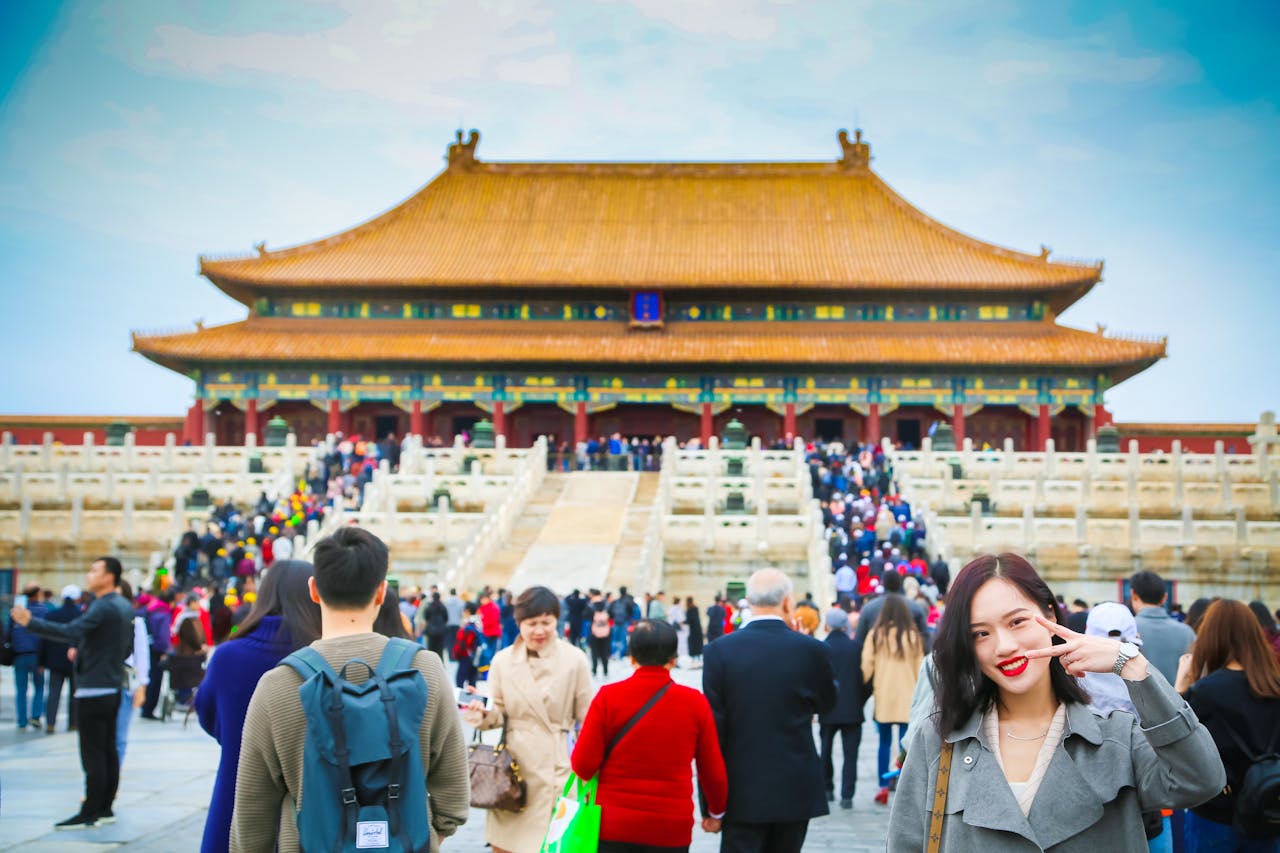China’s visa-free policy redefines global perceptions

Attracting travelers from around the globe, China’s visa-free policy spurs inbound travel to the country which surged in the first half of 2024. This influx is revitalizing the tourism sector and redefining global perceptions of China as a dynamic, modern nation.
Growing appeal as a destination
Experts emphasize that China’s increasing appeal as a destination for tourism, business, and cultural exchange provides international visitors with an authentic experience of contemporary Chinese life. This firsthand exposure is redefining people’s views of China and countering outdated and often inaccurate portrayals by certain Western media outlets.
China’s open and inclusive approach to international tourists starkly contrasts with the actions of some Western countries, which frequently tout freedom while promoting division and confrontation.
Surge in foreign entries
According to the National Immigration Administration (NIA), the first half of 2024 saw 14.635 million foreign entries into China, marking a remarkable 152.7 percent year-on-year increase. Notably, 8.542 million of these entries were under the visa-free policy, a staggering 190.1 percent increase from the previous year. The NIA anticipates this upward trend will continue into the latter half of the year.
Since last year, China has implemented unilateral visa-free policies for 15 countries, including France, Germany, and Australia. Nationals from these countries can enter China for up to 15 days for business, tourism, visiting relatives, and transit without a visa. Additionally, mutual visa exemptions have been established with seven other countries, including Singapore and Thailand.
Positive impact
Lin Yongsheng, an NIA spokesperson, emphasized the impact of these policies on international relations. “These policies have enhanced mutual trust between countries, promoted economic and trade exchanges, and facilitated personal exchanges,” Lin stated.
Beyond iconic landmarks, international tourists are discovering elements of modern Chinese life that defy stereotypes. From the culinary delights of Northeast China’s Guobaorou (fried pork) to the efficiency of subway systems, mobile payments, and ubiquitous delivery robots, visitors are experiencing a China that contrasts sharply with its portrayal in Western media.
China’s visa-free policy
Professor Li Haidong from the China Foreign Affairs University notes that foreign tourists’ genuine experiences in China often dispel pre-visit concerns. “The real China is an open and inclusive country,” he told the Global Times.
Animator Danny Casale from the US, with millions of followers on social media, shared his positive impressions of Beijing. “The food is delicious, especially the dumplings. And when I walk in Beijing, everyone is very kind and sweet,” he said, adding that he plans to bring more friends to visit in the future.
Enjoying this article?
Subscribe to get more stories like this delivered to your inbox.
China’s rising popularity as a destination for tourism, business, and cultural exchange contradicts claims by some Western media outlets that label China as isolated. Instead, the facts highlight a nation eager to engage with the world, in stark contrast to the divisive narratives promoted by some Western countries.
“The governance and environment of China are not defined by distorted Western media or narrow-minded thinking,” Li Haidong asserted. “It will take time for those with deeply ingrained political biases to process and acknowledge the reality of China today,” added Miao Lü, secretary-general of the Center for China and Globalization.
Related Stories:
China to become the world’s largest economy by 2050 – PwC report
Xenophobia in China: An emerging challenge in a globalized world
